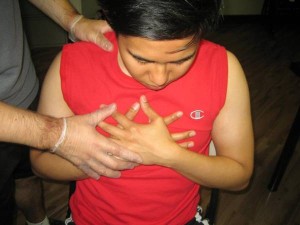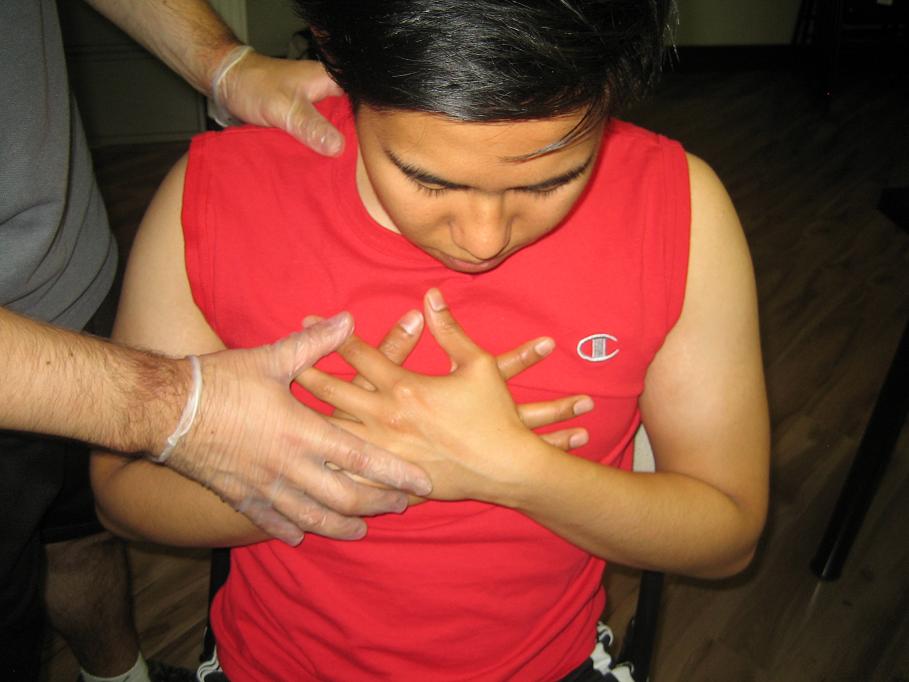The avian flu or bird flu is a type caused by viruses that infect birds and makes them sick. Generally, it is an infectious disease among birds caused by the type A strains of the influenza virus.
The avian flu can spread from livestock to wild birds as well as pet birds and vice versa. The virus spreads via infected birds through saliva, feces and nasal secretions. Domesticated poultry are infected via direct contact with infected waterfowl or infected livestock as well as farming equipment and installations.
There are various types of the avian flu but the H5N1 strain is the most virulent and deadliest. Luckily, humans are not easily infected by the H5N1 strain. Nevertheless, some of the highly pathogenic strains are capable of causing severe respiratory diseases among humans.
Indications of the avian flu
The flu triggered by the H5N1 virus develops in an unusually aggressive manner in some individuals. The incubation period of 2-8 days is longer than the normal seasonal flu. In some instances, the incubation period can take up to 17 days. The signs and symptoms that manifest include the following:

- Cough, usually dry
- High fever of 38 degrees C
- Nosebleed
- Aching bones, muscles and joints
- Chest pain
- Blocked nose
- Chest pain
- Headache
- Fatigue
- Cold sweat and chills
- Runny nose
- Appetite loss
- Sleeping difficulties
- Bleeding gums
- Stomach upset, oftentimes with diarrhea
In some individuals, they develop symptoms of lower respiratory tract infection such as breathing difficulties. These occur on the 5th day of the initial symptoms such as hoarse voice and blood-streaked sputum.
Those with avian flu can rapidly deteriorate that can result to pneumonia, multiple organ failure and death.
What are the causes?
Humans can become infected by the avian flu after being exposed to infected birds. The following are the possible causes of acquiring the flu:
- Exposure to infected birds
- Touching the secretions of infected birds
- Being in contact with feces or directly inhaling dried feces dust from infected birds
- Preparing an infected poultry for cooking
- Buying products in markets where live birds are sold
An individual could not become infected if cooked poultry was eaten. Poultry should be cooked to an internal temperature of at least 74 degrees F. According to experts, humans could not become infected by eating eggs but it is recommended that the eggs are cooked until both the white and yolk are firm.

